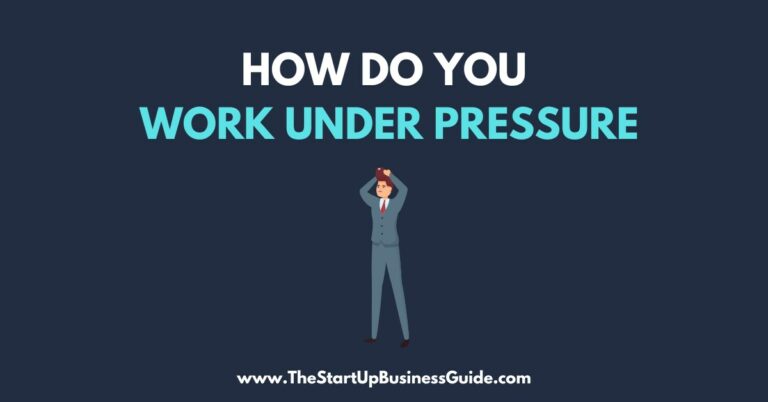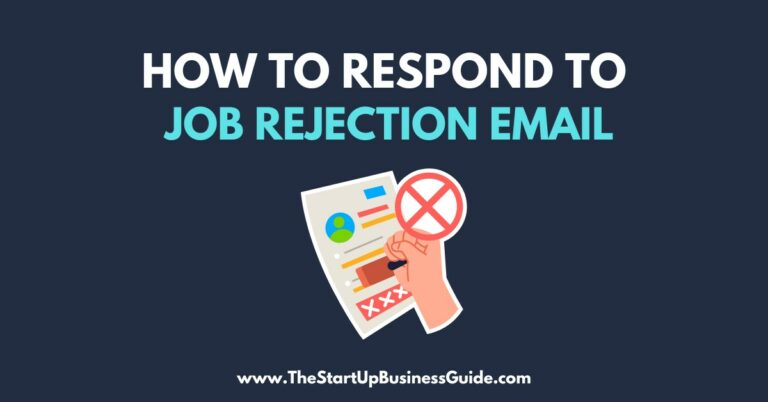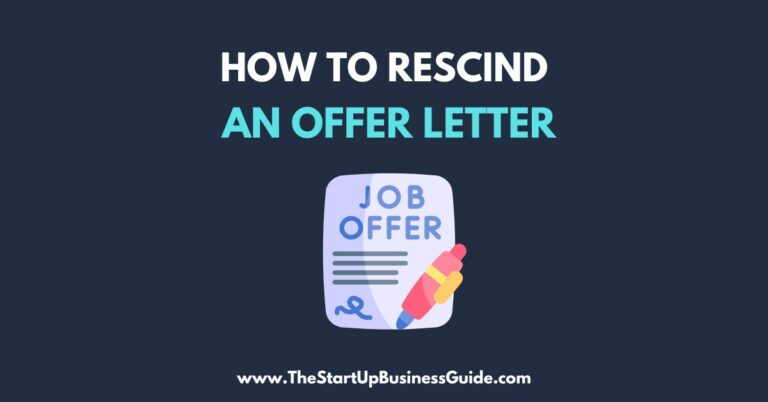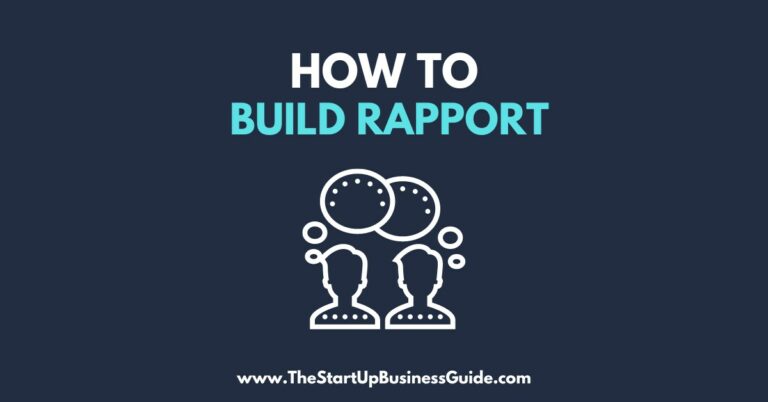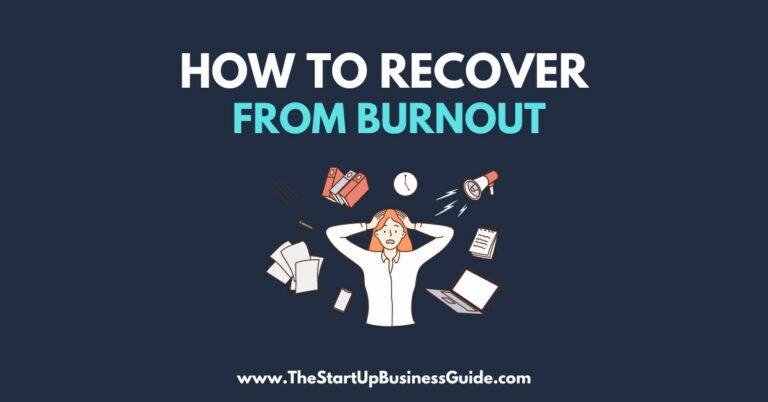How to Answer What Are Your Weaknesses

As a job candidate, one of the most common questions you’ll be asked during an interview is, “What are your weaknesses?”
It can be daunting, but it’s important to be prepared to answer it effectively.
In this blog post, we’ll discuss how to identify your weaknesses, frame them positively, provide specific examples, and ultimately, ace this question in a job interview.
Identifying Your Weaknesses
When it comes to identifying your weaknesses, it’s important to be honest with yourself.
Take some time to reflect on your past experiences, both in your personal and professional life.
Think about the areas in which you struggled or didn’t perform as well as you would have liked.
It’s also helpful to ask colleagues, supervisors, and friends for feedback.
They may be able to provide valuable insight into areas that you might not have considered.
When identifying your weaknesses, it’s also important to focus on areas relevant to the job you’re applying for.
If the job requires a specific skill set, consider how your lack of experience or expertise in that area could impact your performance.
Framing Your Weaknesses Positively
Once you’ve identified your weaknesses, the next step is to frame them in a positive light.
Instead of saying, “I’m not good at public speaking,” try saying, “I’ve always been a little bit shy, but I’ve been working on my public speaking skills and have had the opportunity to present in front of small groups.
I’m looking forward to continuing to improve in this area.”
Another way to frame your weakness positively is to highlight how it could be an asset.
For example, “I tend to be a bit of a perfectionist, which can sometimes slow me down, but it also ensures that my work is always of the highest quality.”
Providing Specific Examples
When discussing your weaknesses, it’s important to provide specific examples to support your answer.
This will show the interviewer that you’ve thought about the question and have taken steps to address your weaknesses.
For example, suppose one of your weaknesses is that you struggle with time management.
In that case, you could say, “I used to have trouble managing my time effectively, but I’ve started using a calendar app to schedule my tasks and set reminders. This has helped me to stay on track and meet deadlines.”
Conclusion
In conclusion, being prepared to answer the question, “What are your weaknesses?” in a job interview is crucial.
By identifying your weaknesses, framing them positively, and providing specific examples, you can show the interviewer that you’re aware of your areas for improvement and are taking steps to address them.
Remember to be honest and confident when answering this question.
With the right preparation, you can turn a potential weakness into a strength.
It’s important to remember that, it’s not always easy to answer the question of our weaknesses, but with the right approach, you can turn it into an opportunity to showcase your self-awareness, honesty, and willingness to improve.
By doing so, you’ll be able to stand out among other candidates and increase your chances of landing the job.


